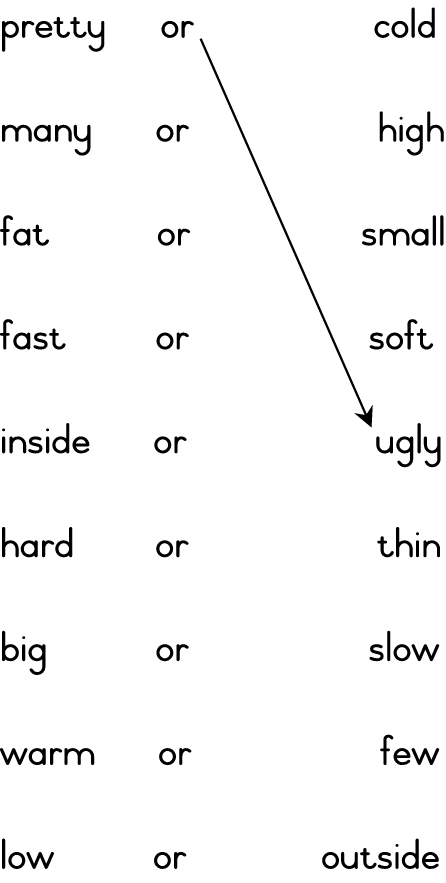| << Chapter < Page | Chapter >> Page > |
The ICS modules for Grade 3 encourage learners to do extensive reading, both fiction and non-fiction. They are given frequent opportunities to write and develop their vocabulary and language use. These developing skills are supported by techniques and strategies to develop phonic awareness. Word recognition and comprehension skills are practised and phonics systematically introduced and consolidated.
The learning outcomes for Grade 3 are purposefully integrated to enable learners to write about texts which they have listened to, discussed and read.
The topics chosen for the modules are of interest to the Grade 3 learner, within their range of experience and other learning areas, namely, Life Orientation and Mathematics are well integrated.
Learners in Grade 3 use their communication skills more effectively and given the opportunity, these can overcome social, cultural and language boundaries. They become more sensitive to the needs of everyone around them.
All aspects of language learning as described in the learning outcomes and assessment standards for Grade 3 have been covered in these eight ICS modules. By reinforcing, consolidating and applying these supported by the Critical and Developmental Outcomes, the learners will be able to think and reason in their home language.
All learners should work through all eight modules as the phonics and cursive writing requirements are spread over these modules. The educator should however allow learners to complete them at their own pace namely ± two modules per term.
Several positive attitudes are stressed in the poem and learners are given the opportunity to discuss these.
We read about the social dilemma Donald finds himself in. With problem solving techniques and strategies the learners help him to come to a decision.
Learners practise writing dialogues and their open diaries.
Learners begin to plan their stories, edit them and rewrite the final text.
Words are arranged alphabetically and riddles are read.
Integration of themes
Donald’s problems makes him realise his parents are there to help. Learners learn about such attitudes as loyalty, honesty and trust irrespective of who their friends are.
Donald shows them the correct social behaviour and positive attitudes which they must adopt.

How many do you know?

I know them all. I know some. Oops!
| LO 3.5 | LO 3.5.6 |
1. Do you think keeping a diary is a good or a bad idea?
2. Give reasons why you think keeping a diary can sometimes be useful.

Notification Switch
Would you like to follow the 'English home language grade 3' conversation and receive update notifications?